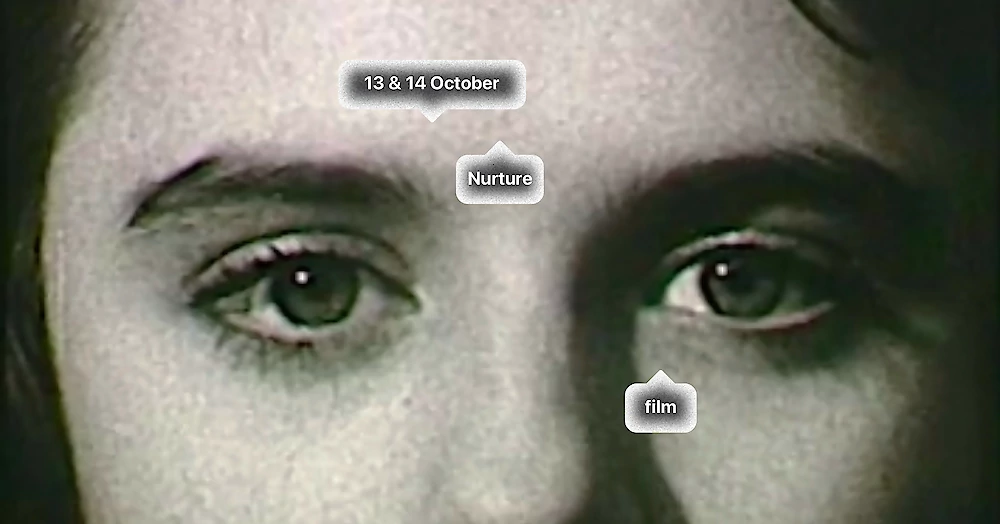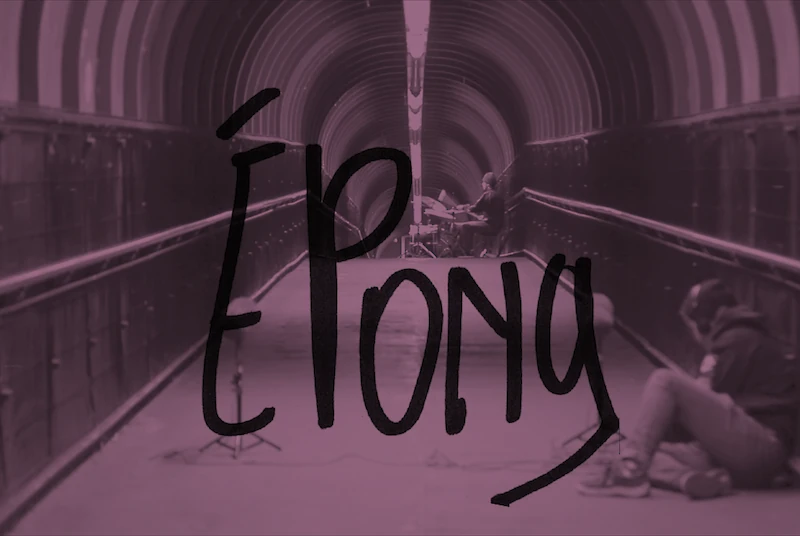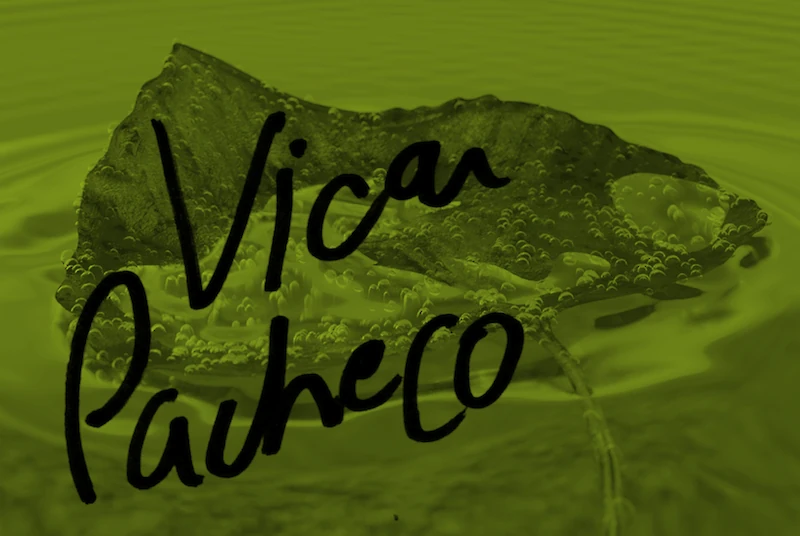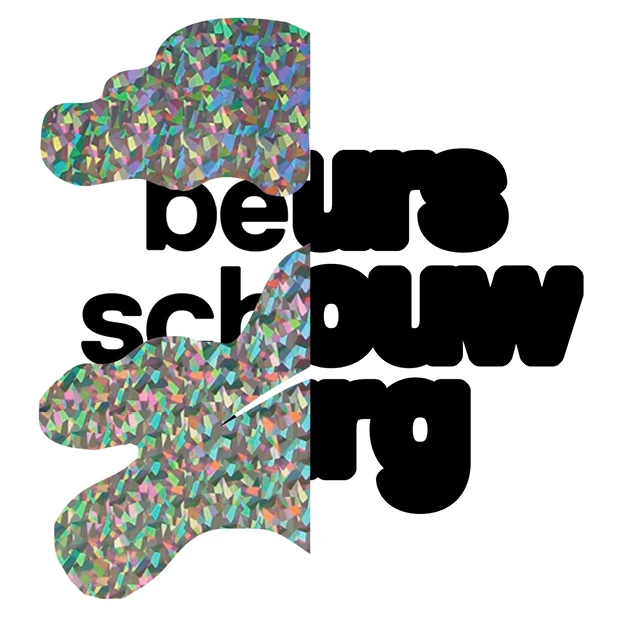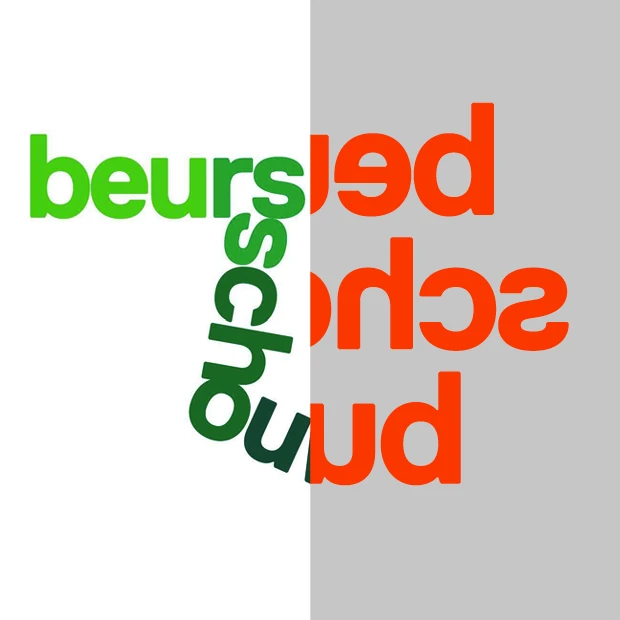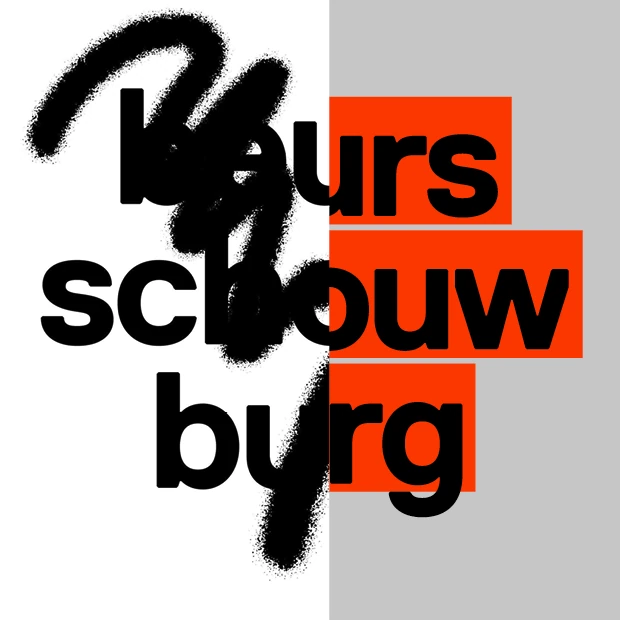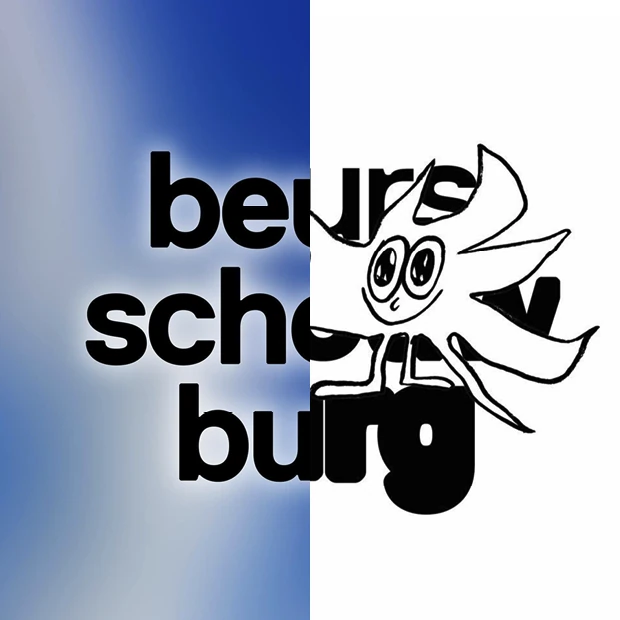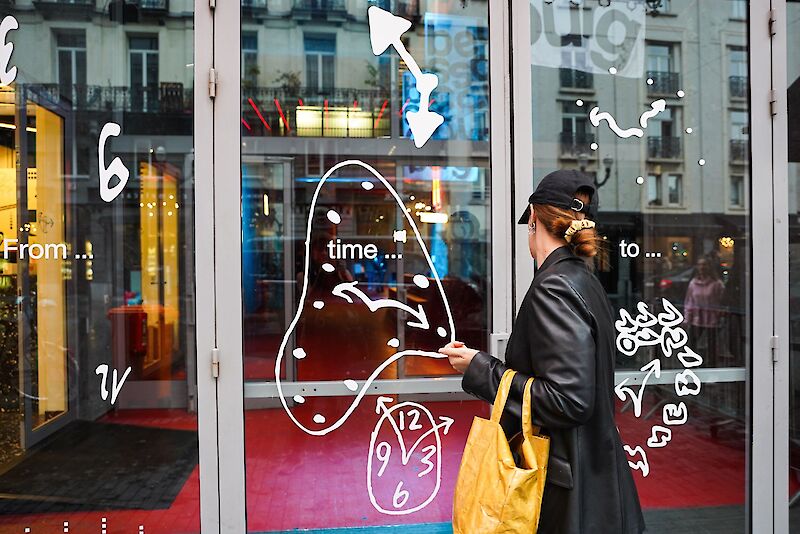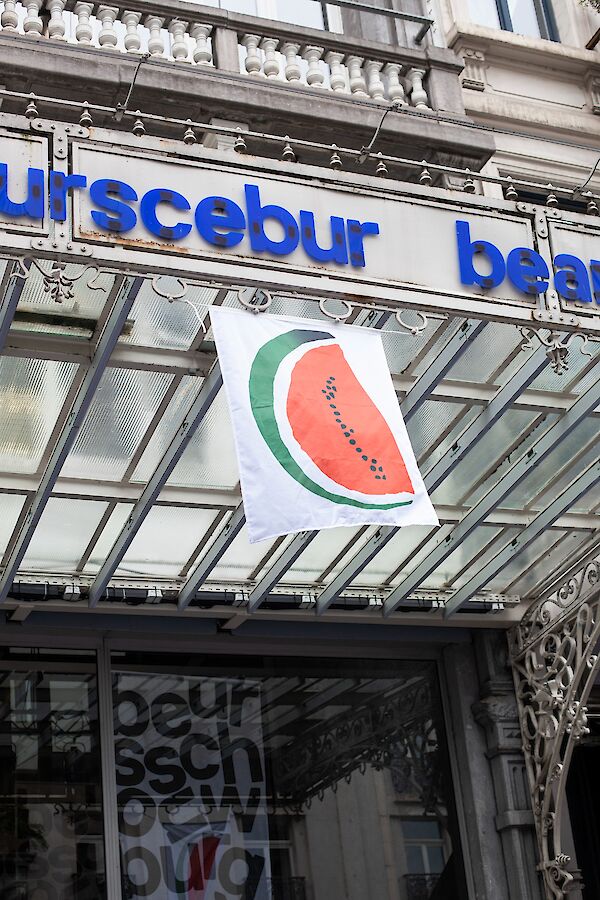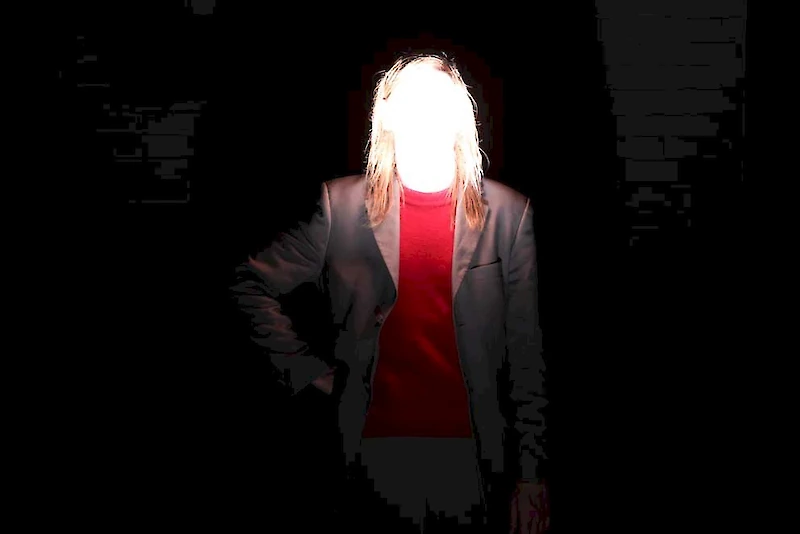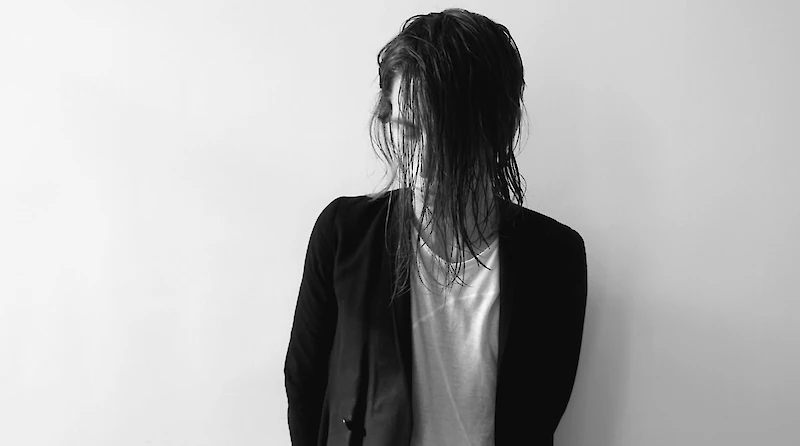A selection of films that engage the work of image production in relation to familial entanglements. w/ Sonja Simonyi, Sirah Foighel Brutmann & Eitan Efrat
Nurture presents a selection of films that engage the work of image production in relation to familial entanglements. Across the works that comprise this two-day program, gestures of nurture and care-taking become interlinked with acts of violence and experiences of trauma.
Focusing on parenthood in particular, these wide-ranging depictions of domestic space examine the interconnectedness of internal power-dynamics and forceful affective ties, exploring how these precarious relationships can be depicted on film.
All films have audio descriptions and subtitles in English.
Trigger and content warning
There are films in the NURTURE program that make explicit reference to traumatic lived experiences including domestic abuse, suicide, suicide attempt, death of child and addiction. Some films contain explicit sexual content.
Organised by Sonja Simonyi, Sirah Foighel Brutmann and Eitan Efrat with the support of Messidor, Satellite #6.
Also part of this program: Habits by Sirah Foighel Brutmann and Eitan Efrat (looped screening) find out more
DAY 1 - WEDNESDAY 13.10 20:30
Hemlock Forest, Moyra Davey, 2016, 41’
Steeped in personal and literary history, Moyra Davey's videos explore compulsion, creativity, and the feminine. Hemlock Forest employs a rigorous formal strategy: Davey paces in front of the camera inside her apartment, reciting her narration from an iPhone, then incorporates old photographs or home movies to form a visual essay around the monologue. In the film, Davey traces the worlds of Karl Ove Knausgård and Chantal Akerman as she considers the implications of her son leaving home and Akerman's suicide; the latter recounts a wedding party and the women involved, reflected through Virginia Woolf's family history.
The script, Akram Zaatari, 2018, 8'
The Script was born out of research into online content connected with the Arab world. Exploring YouTube using relatively neutral search terms such as ‘father and son’, Zaatari discovered a sub-genre of films depicting fathers praying. Despite being produced by different men from different regions in the Middle East, Zaatari observed telling similarities in content depicting men fulfilling the duty of salah – the ritual of five daily prayers undertaken by practicing Muslims – within a domestic setting. In The Script, Zaatari has distilled these moments into a filmed re-enactment paying homage to this dual commitment to faith and fatherhood.
A child dies, a child plays, a woman is born, a woman dies, a bird arrives, a bird flies off, Shireen Seno, 2020, 18’
Originally exhibited as a six-channel installation, this work is comprised of a series of studies of the migration of birds in and out of the Philippines, a kindred project to a feature-length film inspired by memories of my father’s migration to the United States in the early 2000s. Birds, and ducks in particular, are like role models for humans— they find ways to survive by various means across varied terrain. In A child dies Shireen Seno brings together a mix of local birds and migratory ones, migrating across different generations of moving image media.
Growth record #1, Lisa Spilliaert 2014, 10’
Growth Record #1 is the foundation of a series of annually produced videos that steadily document a baby's growth into adulthood through photography and film.
Hard as Opal, Dani Leventhal ReStack and Jared Buckhiester, 2015, 29'
Hard As Opal follows two parallel, multi-species, efforts of conception—of a lesbian couple and a horse; Intertwining natural phenomenon, estrangement and deeply moving intimatemecy.
“A soldier’s trip to Syria is complicated when he accidentally impregnates a friend. Meanwhile, a horse breeder from Ohio is driven away from home by her own desire to become pregnant. In Hard as Opal the lines between truth and fiction, fact and fantasy, are reined in and treated not as fixed, divisive markers but as malleable threads of narrative potential. Buckhiester and Leventhal perform alongside other non-actors who are filmed in their own varying domestic and professional environments. The result is a rich accumulation of narratives held together by questions concerning the nature of objectification, loneliness, and dissociative fantasy.”
—Brett Price
DAY 2 - THURSDAY 14.10 20:30
Hétpróba (Seven Trials), Dóra Maurer, 1982, 53'
Seven Trials is a rarely shown film by Hungarian neo-avant-garde artist Dóra Maurer. It is an intimate portrayal of an opera singer/mother and her four children who act out amusing challenges while revealing hidden private tragedies in front of the camera. The film was digitized and translated for this program by the National Hungarian Film Archive. This event marks the first screening of this newly subtitled digital copy.
Vivian’s Garden, Rosalind Nashashibi, 2017, 30’
A documentary about Vivian Suter and her mother that takes a close and dreamy look at their artistic, emotional and economic lives, with their extended householders: Mayan villagers as guardians and home help, and an assortment of dogs, it offers a tender look at an instance of post-colonial complexity.
WHO?
Sonja Simonyi researches the history of film and audiovisual culture in Eastern Europe under state socialism, focusing on both experimental and popular cinema. She received her PhD in Cinema Studies at New York University in 2015 and currently lives and works as an independent scholar in Brussels. Her scholarship has appeared in journals such as Film History, Studies in Eastern European Cinema and Third Text and her co-edited book on Eastern European experimental cinema will be published by Amsterdam University Press in late 2021. Alongside academic projects, she organises film programs for a wide range of institutions and teaches a course on research methodologies at the Drama department of the Royal Conservatory of Antwerp.
Sirah Foighel Brutmann and Eitan Efrat (both °1983 in Tel Aviv) have been working in collaboration for several years and are creating works in the Audiovisual field. Living and working in Brussels. Sirah and Eitan’s practice focuses on the performative aspects of the moving image. In their work they aim to mark the spatial and durational potentialities of reading images – moving or still; the relations between spectatorship and history; the temporality of narratives and memory and the material surfaces of image production. Their works have been shown in duo exhibitions in Kunsthalle Basel (CH); Argos, Brussels (BE) and CAC Delme (FR); at group exhibitions in Argos (BE); Museum für Kunst und Gewerbe, Hamburg (DE); Portikus, Frankfurt (DE); Jeu de Paume, Paris (FR).In film festivals such as EMAF, Osnabrück (DE); Atonal, Berlin (DE); Doc Lisboa (PT); Oberhausen Film Festival (DE); Rotterdam Film Festival (NL); Images, Toronto (CA); and more. Sirah and Eitan are currently teaching at ERG, Brussels.
